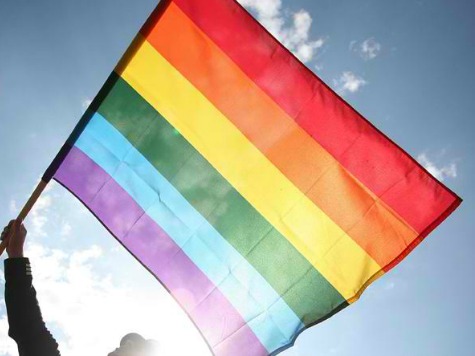
The Iranian government– which punishes homosexuality by death– accepts the existence of transgendered individuals. The Ayatollah’s fatwa allowing gender reassignment surgery has led to immense pressure– and sometimes full enforcement– on cisgender homosexual men and women to undergo these dangerous surgeries.
In an extensive BBC report, a number of Iranian gays and lesbians currently living in exile tell tales of public pressure to undergo gender reassignment surgery. Many, the report notes, begin feeling outside pressure to change their gender as early as age 16– when the idea of having a medical procedure fix all social problems may seem especially appealing.
“I was under so much pressure that I wanted to change my gender as soon as possible,” says Donya, a lesbian who fled to Turkey to avoid the surgery. She underwent hormone therapy and said she felt better with herself, but after extensive research, found that the surgery was not for her. “I got to know myself better… I accepted that I was a lesbian and I was happy with that,” she tells BBC.
Twenty-one-year-old Soheil, who also fled to Turkey, struggled with the same problem, accepting that he was a man and had no inclinations towards a transgender identity despite being gay. Nonetheless, his family pressured him: “You need to either have your gender changed or we will kill you and will not let you live in this family.” Given that gender reassignment surgery is not officially a government policy for how to handle gay and lesbian cases, much of the pressure comes from family members.
A psychologist interviewed by the BBC explains that the pressure is not always in the form of threats of violence, but instead positive offerings: “They show how easy it can be… They promise to give you legal documents and, even before the surgery, permission to walk in the street wearing whatever you like. They promise to give you a loan to pay for the surgery.”
This has swayed a number of leftist groups to support Iran’s unofficial policies, which at first glance appear to embrace transgender individuals and constitute a progressive attitude towards sexuality. In 2005, for example, the progressive journal Salon published a column describing Iran as the “global leader for sex changes,” praising the Ayatollah’s edict on transgender individuals as having “provided deliverance to a community that was once cowed and confined to a secret underground existence.”
Shabnam, the psychologist interviewed, expresses particular frustration with this: “What makes me sad is that organisations that are supposed to have a humanitarian and therapeutic purpose can take the side of the government, instead of taking care of people.”

COMMENTS
Please let us know if you're having issues with commenting.